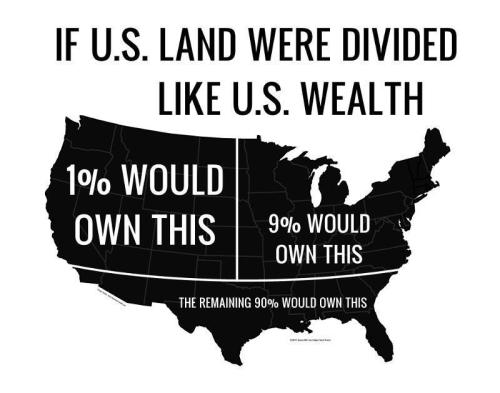Americans are so enamored of equality that they would rather be equal in slavery than unequal in freedom.
Read more at http://www.brainyquote.com/quotes/quotes/a/alexisdeto164080.html#vr0QiVQzc3yHZFdz.99
Read more at http://www.brainyquote.com/quotes/quotes/a/alexisdeto164080.html#vr0QiVQzc3yHZFdz.99
Americans are so enamored of equality that they would rather be equal in slavery than unequal in freedom.
Read more at http://www.brainyquote.com/quotes/quotes/a/alexisdeto164080.html#vr0QiVQzc3yHZFdz.99
Inequality is the 'new' buzzword for journalists and academics. Is inequality really new for America? I argue no, not at all... For most of American history, inequality has soared. Often the pernicious effects of inequality have been obfuscated by race. Read more at http://www.brainyquote.com/quotes/quotes/a/alexisdeto164080.html#vr0QiVQzc3yHZFdz.99
Alexis de Tocqueville and others forwarded the argument that American was a more equal society than Europe. One of his famous quotes, "Americans are so enamored of equality that they would rather be equal in slavery than unequal in freedom." (The craziness of the quote is priceless.) De Tocqueville failed to understand the social structure of the time and helped to obfuscated our understanding of American inequality in the late 1700s.
Once the Native, African-American and Hispanic experiences were included - inequality in American was comparable or worse to many other places in the world. Note, American, today would also be a much more equal society if we just included the experiences of white Americans.
During slavery, America was unequal. The majority of whites in the South were poor yeoman farmers. African Americans (except free peoples of color) faced the cold, hard reality of slavery. Through, Reconstruction, Gilded Age (late 1880s) and the roaring 20s, America was also UNEQUAL. The Gilded Age saw the construction of beautiful houses for the Carnegies, Rockefellers, but the average American faced poverty. Inequality was the norm in 1880s and politics were a pastime of the wealthy. Government offered workers almost no protections from hazardous work environments and consumers had little protection from hazardous products. Inequality continued into the 1920s.
 What changed? The social reforms that occurred during the 20s and 30s (particularly during the Depression) and the post WWII boom lead to the growth of the American middle class from the 1950s to the 1970s.
What changed? The social reforms that occurred during the 20s and 30s (particularly during the Depression) and the post WWII boom lead to the growth of the American middle class from the 1950s to the 1970s. This period was extraordinary in American history. The 1950s also lead to the greatest expansion of industry, the academy, media and technology in American history. Norms like the nuclear family which originated in the 1950s still color the mythos of what it means to be American. Why is this period so immortalized? If anything it was an extraordinary time where a number of factors came together serendipitously to produce a surprisingly equal America. Some of these factors include: the crumbling of Europe allowed America to dominate globally, a growing population, rising levels of education and business interests largely out of politics (See Mayhew 1977).
 Since the 1970s,wages of the middle class have stagnated and the majority of all gains to the economy have almost exclusively gone to the top 10% and even more exclusively the top 1%. We are just drifting back to the norm of American inequality. Why should we be surprised - this is the America of our forefathers.
Since the 1970s,wages of the middle class have stagnated and the majority of all gains to the economy have almost exclusively gone to the top 10% and even more exclusively the top 1%. We are just drifting back to the norm of American inequality. Why should we be surprised - this is the America of our forefathers. Only extraordinary events of the Depression and WWII and their consequences lead us to the most equal time in American history.
Inequality is unlikely to decline anytime soon. I foresee no extraordinary events like those of the 1930s-1950s..America has lost it's industrial monopoly - we slowly moving toward a multipolar world, population is aging and declining and big business largely controls politics. I predict it will take 10 to 20 years to really see any minor changes to level of inequality in the US. The growing diversity is likely to allow inequality to burgeon and fester long into the future.
Is this too pessimistic of a view? Well, I hope I'm wrong.




